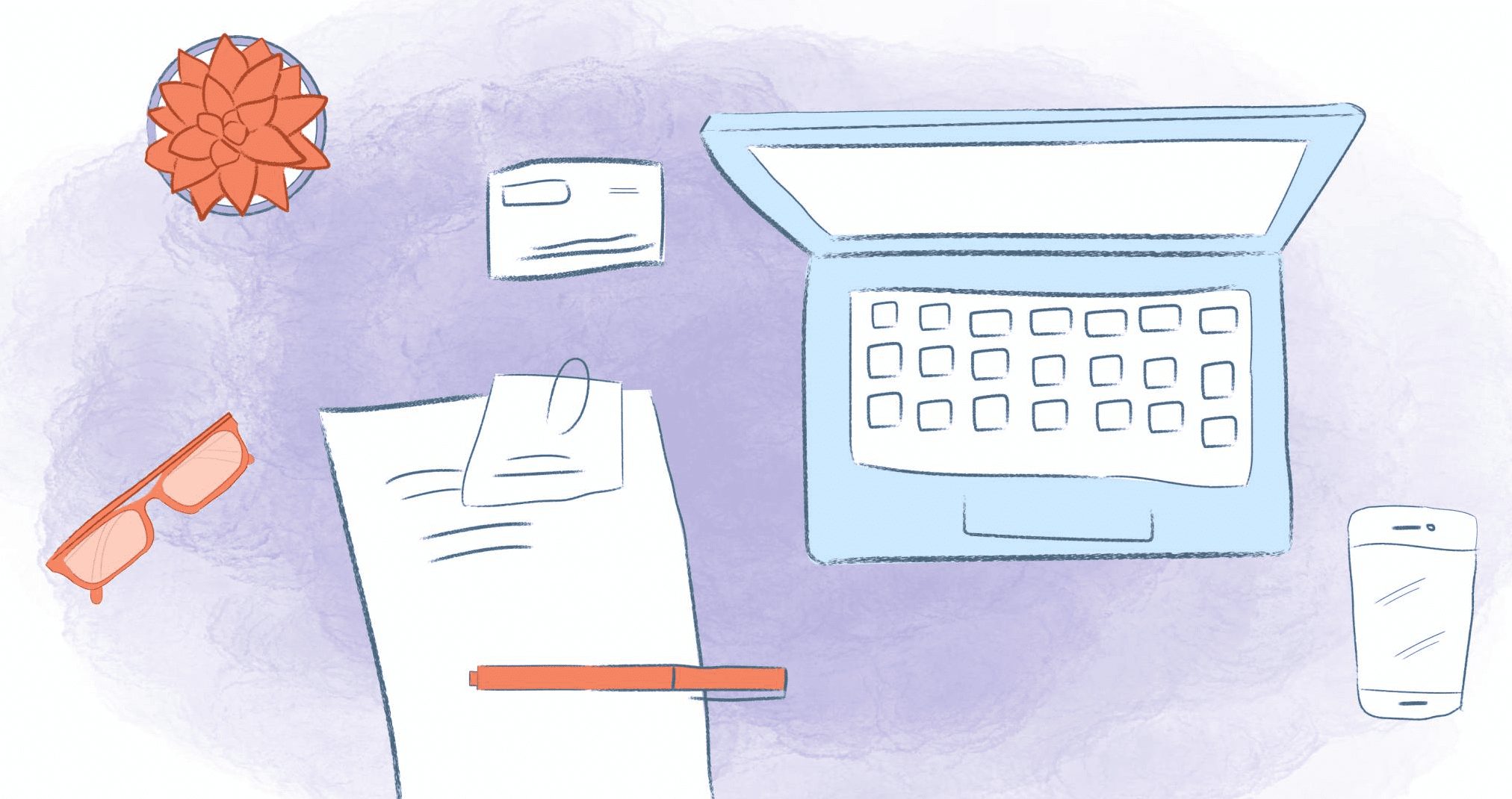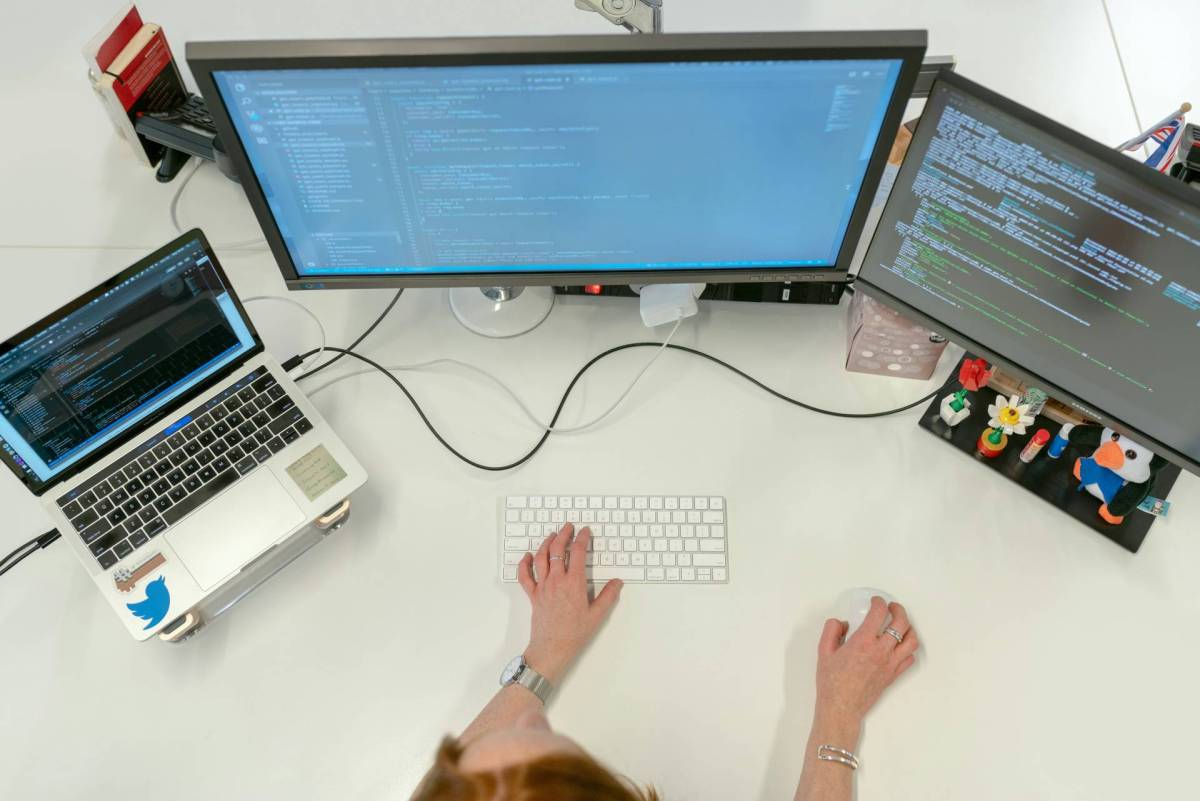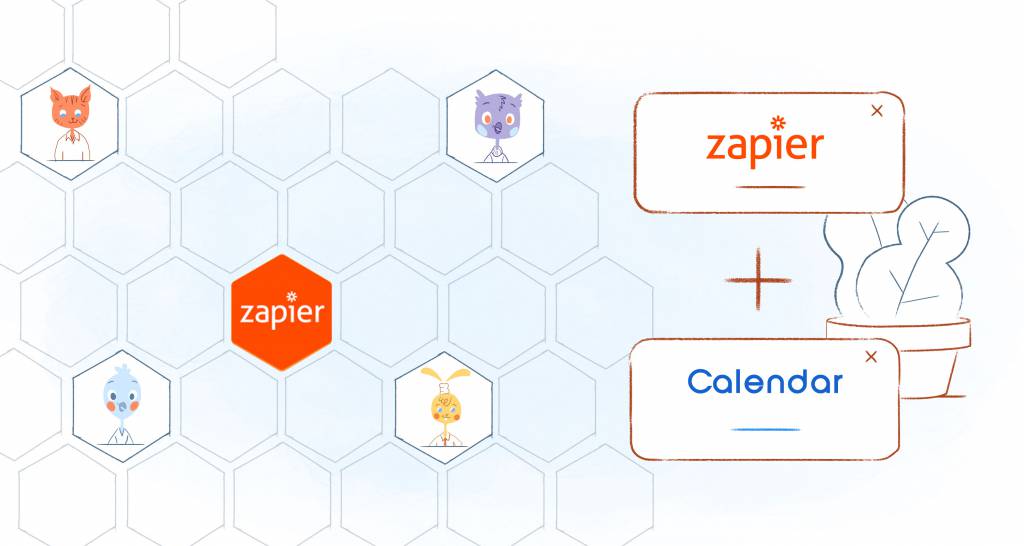
Regardless if you’re in college, just launched your own business, work from the comfort of your home, or have a 9-to-5 gig, productivity is an uphill battle for everyone. That’s why we’ve put together this rundown of 34 productivity hacks for students to help manage your time and get more done — no matter where you are in life.
We will start with the 10 best productivity hacks for students.
College is exciting, fun and sometimes a little frightening. Even though this is your first taste of independence, handling all of these assignments, homework, term papers, and studying on your own. All this work along with fitting in social life — is no easy task. But, it’s possible if you use the following ten productivity hacks — for students.
1. Use actions, information, and visualization.
Francesco D’Alessio recommended the suggestions of using things like actions, information, and visualization over at Lifehack.org.
Francesco uses a three-part system to keep organized, which includes:
- Actions. These are your most important tasks, like an upcoming English assignment. Focus on one task at a time and set achievable actions to get them done. Apps like Todolist can help you manage your tasks.
- Information. Information means everything you need for your classes, meetings, and events. Keep this in one convenient location so that it’s easily accessible. Evernote is the perfect app for storing and creating information.
- Visualization. When you use visualization, it means adding essential events and details into an online calendar, such as Google Calendar, so that you can see what you have coming up in your life.
2. Make the plan — work the plan — plan everything.
Jumping out of bed and rushing to class every day is stressful and not productive. The reason? You’re not in control and are always scrambling around. That’s why you should plan everything in advance. It’s not fun. But, if you want to maintain control of your college life, and get more done, you kind of have to.
Start by taking everything you have to do and break these tasks down in smaller bits. For example, if you had to write a paper, then you could plan out your week as follows:
- Monday – 9:00 am – 9:50 am class. 10:30 am – 12:00 pm – essay research.
- Tuesday – 8:30 am – 10:00 am essay plan and introduction. 11:00 am – 12 pm class.
- Wednesday – 9:00 am – 12 pm class. 1:00 pm – 6:00 pm, complete first draft.
Again, make sure that you only set achievable goals. And, don’t forget to plan time for socializing and breaks.
3. Turn off notifications.
Get over your FOMO and limit your social media usage. There has been evidence that excessive social media use is terrible you — particularly increasing stress and interrupting your sleep. It’s also distracting when you’re trying to focus.
Turn off all notifications on your phone and laptop when working on a project, studying, reading, or writing. You could also put your phone in airplane mode or download an app like RescueTime to block distracting sites.
4. Set an earlier deadline.
Instead of waiting until the last minute, shorten your deadline-due-dates — even if it’s just by one day.
If you always have assignments prepared ahead an extra day, you’ll have spare time to check, proofread, and evaluate your work before submitting it. But, the main reason you set your deadline for a day ahead is that everything takes twice as long as you think it will.
5. Find the right environment.
You need to work in a quiet space that is organized and free of clutter. If you have your own room, just shut the door making sure your desk doesn’t have too much junk on it. The clutter is distracting. If you have a roommate or live in a dorm or apartment that’s noisy, you may have to relocate to the library or coffee shop.
6. Master the art of note-taking and skimming.
Taking notes is a surefire to ensure that you don’t forget what you learned in class. You can also use them for reference when you need to recall a piece of information.
There’s no wrong way to take notes. Just find a technique that works for you. However, you need to make sure that you have the right materials at hand, like pen and paper. Take time to develop your listening skills. Learn to pay special attention to content, and review and edit your notes.
Also, learn how to skim the text. This way, you can get the essence of the material without reading every single word.
7. Kick-off your homework sessions by completing your most challenging subject first.
If you struggle with Statistics, then knock that homework out first while you have the energy. Save the homework for classes that you find easy or enjoy for later when you’re running out of steam. Sometimes you can summon a bit more enthusiasm to get the work done.
8. Make the most of your study time.
Here’s five tips you can use to make the most out of your study time courtesy of the Studocu Blog:
- Study for 25 minutes and then take a five-minute break. These study blocks of time and breaks will help you.
- Work with a partner or small group. This keeps you motivated and you can hold each other accountable.
- Stop pulling all-nighters.
- Don’t memorize material, understand it.
- Practice what you learned.
9. Backup your work.
My best friend spilled a cup of coffee on his MacBook. Of course, he never got around to backing everything up. If you don’t back-up — you’ll regret it sometime. But, my for my friend it meant he had to start several papers all over again from scratch.
He learned his lesson. Going forward, not only did he make sure that all of his data was automatically synced to his iCloud, but he also bought an external hard drive. He began a habit of backing-up his files every night while asleep.
Most programs will automatically sync your files to the cloud. But, you want to be 100 percent sure about this. It may take you a couple of minutes to set up, but it’s better to spend those couple of minutes instead of hours retyping a paper.
10. Stay calm.
Easier said than done, right? But, when you’re stressed out, it’s almost impossible to focus. One of my top productivity hacks for students is to stay calm. Here’s a couple of ways to remain calm — even during finals.
- Take a break from work. It improves concentration and keeps you energized.
- Again, stop with the all-nighters and get plenty of sleep.
- Hang out with friends you make you laugh.
- Don’t overdo it on the caffeine — it will make you more anxious.
- Unplug and go for a walk.
- Breathe.
- Remember. Remember to think: this too shall pass.
Brilliant! The Top 10 Productivity Hacks for Hustling Student Entrepreneurs.
A cold shower and strong cup of coffee may give you that initial jolt in the morning. But, entrepreneurs need something a little extra when they’re clocking-in long, dedicated hours.
Here are ten brilliant productivity, even the busiest of student entrepreneurs can use to find more time and accomplish more.
1. Narrow down your tasks and assign a precise time to each.
As an entrepreneur, you have a million to do. I get that. But, if you’re worried about everything you have to do — how can you focus on what needs to get done right now.
Identify your three to five most important — it doesn’t hurt if they’re profitable either — tasks on your to-do-list. After that, assign an exact amount of time to each one and schedule it into your calendar.
A lot of productive people swear by the Pomodoro Technique to assist with this. For those unfamiliar, this a time management method that uses a timer to break work down into several intervals. These intervals are usually 25 minutes of uninterrupted work followed by a five-minute break. After four cycles, you would take a longer break around 20-30 minutes.
2. Create rituals for your workspace and business hours.
Setting rituals conditions you to get into a work mindset so that you’re ready to tackle your tasks for the day.
Setting your conditions means having a morning ritual where you exercise, meditate, brew a cup of coffee, and catch-up on recent industry news. Additionally, you should have everything prepared in advance that will help you complete your tasks.
Think of it this way. If you run a pizza business, you would need all of the ingredients and equipment to start making pizzas when you opened for the day. If you run out of dough, then you have to close your pizzeria until you made more. But, if you prepared in advance, you would have enough dough to make enough pizzas for the day.
3. Check your email in batches.
“Email is both the best and worst thing for business. Clearly, it’s the one of, if not the main method of communication. The downside is that it’s one of the biggest distractions throughout the workday,” writes Renzo Costarella in a previous Calendar article.
Although tempting, you shouldn’t be checking your inbox whenever you receive a message. It’s time-consuming and interrupts your flow.
“The best way to handle email is to check it in batches. For example, I batch 15 minutes in the morning, after lunch, and before I leave work for emails,” adds Renzo. “That way, I know I won’t be spending more than 45 minutes a day emailing back and forth.”
4. Keep one-day a week meeting free.
Meetings can be a colossal waste of time. That’s why Facebook implemented “No Meeting Wednesdays.”
Dustin Moskowitz, CEO of Asana, borrowed this idea and made it a point to keep at least one day a week free of meetings.
“With very few exceptions, everyone’s calendar is completely clear — at least one day out of the week,” Moskovitz writes. Whether you are a Maker or a Manager, this is an invaluable tool for ensuring you have some contiguous space to do project work. For me personally, it is often the one day each week I get to code.”
5. Take-off a couple of hats.
Entrepreneurs pride themselves on doing everything on their own. Check your ego at the door and start lessening your workload.
The first place to start is by finding a great partner. Ideally, this isn’t just someone that you get along with. They should have the same vision, work ethic, and possess skills you don’t. If you have in mind where you can best spend your time, you can focus on what you’re strong at and vice versa.
Once you have team in-place, start delegating assignments. If you can’t stand social media, then hand that responsibility over to the employee who enjoys spending time on social media.
6. Use bullet journaling.
Successful entrepreneurs like Richard Branson and Jack Dorsey are known for taking notes. It’s an effective way to unload your thoughts and remember essential items.
However, take that note-taking to the next level with bullet journaling.
The bullet journal is where you keep your thoughts, todos, diary, and calendar in one notebook so that you remain organized and accountable for your commitments.
7. Find your “golden hours.”
Some people are more productive in the morning, while others get more done at night.
One of the best parts about being an entrepreneur is that you’re the boss and can set your own hours. So, if you’re ready to get the day started at 7 am, then, by all means, get to work.
Instead of worrying about how many hours of input you’ve put, focus more on how you can manage your energy more effectively. Then, you can jump into your most challenging tasks during your “golden hours.”
8. Change your environment.
Whether it’s in your home or in that shiny, new office you just started renting out, working in the same space can make you feel stagnant. If you want to give your system a little shock and boost your creativity, inspiration, and energy change your environment.
A local coffee shop or co-working space are just two examples where entrepreneurs can go to be more productive.
9. Disconnect and take care of yourself.
When it’s crunch time, you need to turn off your notifications. Those emails, texts, and social media updates are distracting and prevent you from staying focused. Furthermore, you need time to unplug. To unwind will give you a chance to recharge and refocus.
And, while you’re unplugged, make sure that you use that time wisely. Exercise, meditate, or prepare a healthy snack. Taking care of your health isn’t just good for overall health; it keeps you sharp and energetic.
10. Find a mentor or support group.
Sulaiman Sanni, the cofounder of WeDidIt, says that finding a mentor helped keep him focused and move faster.
“You’d spend less time — not waste weeks — when you have someone who has already been there and done that to say, ‘Hey, this isn’t actually that important. You might as well make a decision now and move on,'” Sanni told Business Insider.
A mentor can come in the form of a fellow entrepreneur, college professor, or even author of a book or blog post.
If you can find a mentor, you can always turn to a group like the Young Entrepreneur’s Council or the Entrepreneurs Organization.











John Hall
John Hall is the co-founder of Calendar a scheduling and time management app. He’s also a keynote speaker that you can book at http://www.johnhallspeaking.com.